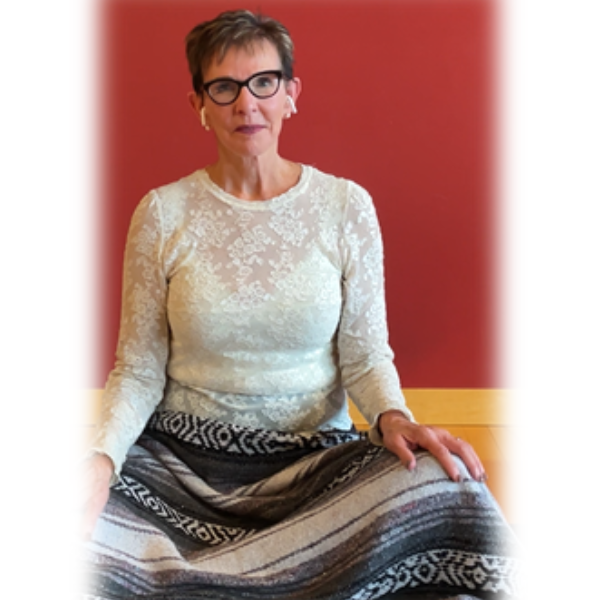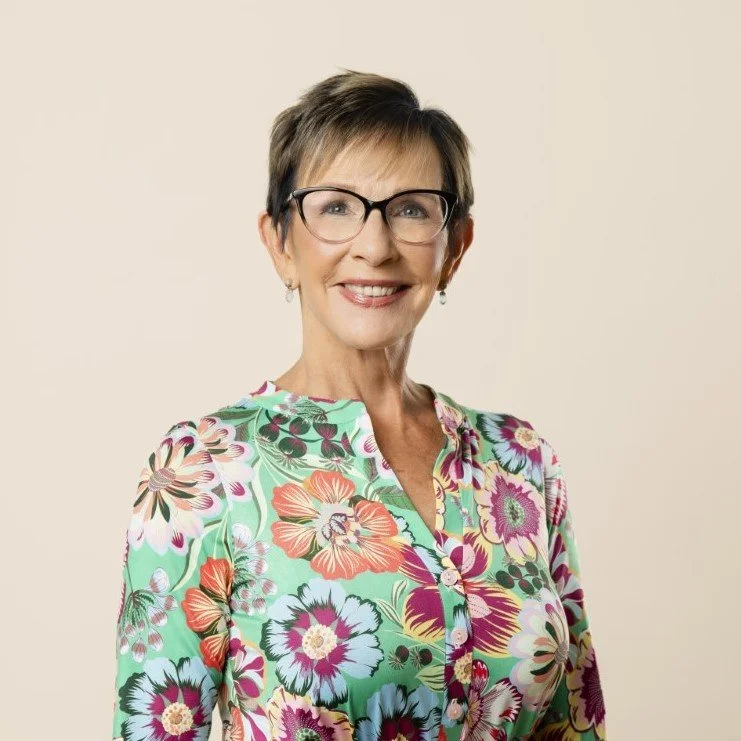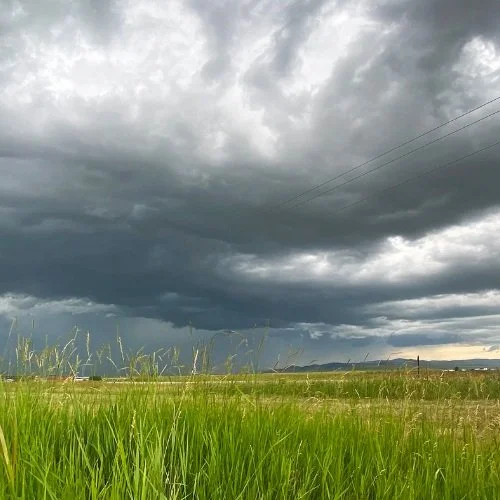Marcia's Musings: Is This How It Ends?
/By Marcia Appel — Last Updated: August 12, 2024
Suddenly, I became aware of the strangest feeling, a bit like warm hot fudge oozing through me. In the toastiness of the early-morning sun, snuggling my four-month-old granddaughter as I watched her big-boy brother play T-ball, I wondered, “Am I going to faint? Was there relaxant in my morning coffee (an oxymoron if ever there was one)? “I’m liquefying,” I thought. And yet I felt grounded, solid, secure.
Frantic to hand off the deeply sleeping infant on my bosom just in case, my eyes searched the metal bleachers for the mother or the grandfather, both in attendance yet suddenly seeming far, far away. “Is this it?” I asked myself. “Is this how it ends?”
Oddly still inwardly calm, I became aware of the true nature of the feeling sweeping through me. “This is contentment,” I sighed to myself, “and it is grounding – not liquefying – me.”
Contentment often seems to take a back seat to joy, which we humans see as effervescent. By comparison, contentment – grounded, solid, steady – seems boring. Joy is akin to champagne or soap bubbles – light, airy, and quick to pop. Don’t get me wrong. I love joyful occasions and days. Take the last few weeks, for example. Smiles and laughter have returned to our civic debate as a counterpunch to dystopian vision, and joy has bubbled through great swaths of the land, lifting me up.
As Buddha pointed out, joy can be as fleeting as any other emotion. However, he added, underneath suffering always lies joy. And yet, I wondered as I relaxed on the bench: Is there something underneath joy? Could this be contentment, this grounded feeling that flowed through me as I watched a four-year-old hit a line drive and held his sister in my arms?
Though I began to connect these dots that day, I received help from a source that in retrospect feels divinely sent. Six days after my experience, Betsy Weiner, the daughter of my friend of 50 years, Ruth Usem, gave voice in a post to her idea of contentment from the starting point of happiness. The young girl I once knew – lively, curious, prescient beyond her years – has matured into a learned and wise yogi in our Twin Cities community and beyond. In her post, she wrote:
“What does it mean to feel happy? Happiness is fleeting. Like the swift and cool summer breeze on a hot day, it reminds you of a pause to the mundane or frustrating parts of life, and then it’s gone. Contentment is the solid ground of Earth. It remains unchanging and immutable. Underneath even joy, even despair, contentment stays steady, smooth, even. Ready to hold you when you fall and reminding you to land when you fly.”
The minute I read it, a yoga adage sprang to my mind:
“When the student is ready, the teacher appears. ”
How sweet, how connecting, that Betsy would be mine in this instance. It was a gentle reminder that wisdom can be as easily found in someone younger as well as in an elder. Wisdom defies age limits.
In the half a decade before my mother’s death at age 90 on December 29, 2017, I occasionally queried, “Mom, now you’re 85. You seem so calm, so grounded given what lies ahead. How do you maintain that?”
I desperately wanted to know, and she faced this line of questioning each time with the same forthright calmness. Where I saw her life growing smaller, she felt it expanding, she said. Where I wanted precise answers, she felt grounded in the “great mystery”, she explained. Where I dreaded separating from her, she imagined a deeper connection lay ahead of us, she soothed.
She’d surveyed her life, she said, and found a richness in all of it, the ups and downs, the victories and the defeats, the addition of a husband, a daughter, a son-in-law, her two grandchildren, and her siblings and their children. Even as the losses piled up – of a cherished niece and nephew, of her beloved John and her parents, of old friends – she described a steadiness alongside the sorrow.
“Don’t worry so much about me,” she said one day in her last three months of life. “Honey, I’m contented.” I didn’t realize at the time the richness, the depth, the solidity of that emotion where she’d planted her shoes and hung her hat. She’d reached a place of contentment beyond loneliness and fear, beyond old age even as she hurt, beyond questioning.
Since that day on the bench and after contemplating Betsy’s and Mom’s words, I’ve come in touch with the feeling of contentment, and I’ve recalled past occasions in my life that felt different from happiness and joy, though I applied no name to it at the time. These experiences felt grounded, peaceful, steady, and often simple: sitting by water, feeling the sun on my face, talking with a friend, my fingers in dirt, a yoga class, a sound bath.
Now, as I walk toward the end of my life with all that has been contained within it – including my foibles and challenges – contentment takes its place as my guide and my grounding. And I believe with all my heart: Underneath joy resides contentment - “unchanging and immutable” – and I can rest in it.

























